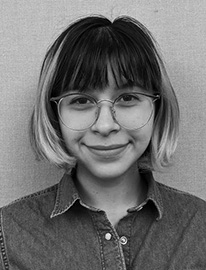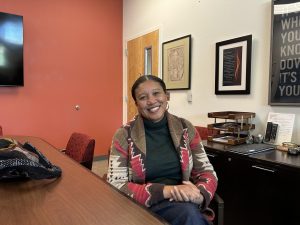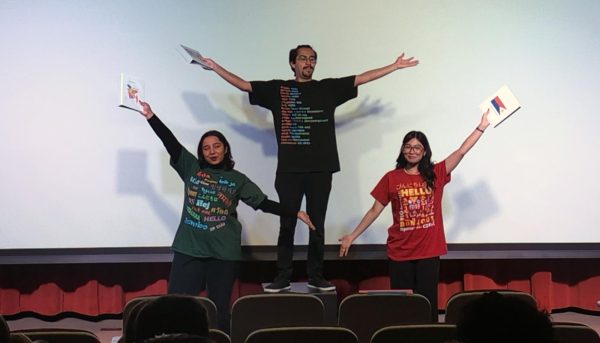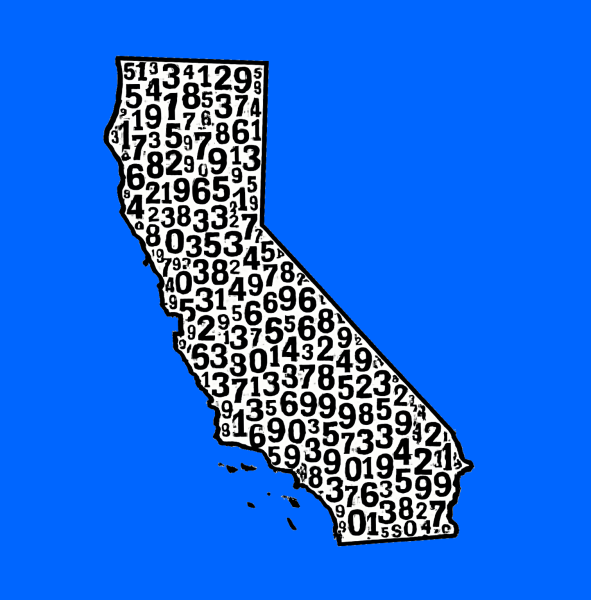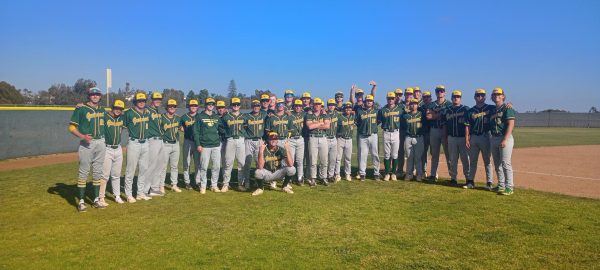What’s in a Name?

September 20, 2019
Big changes are coming to the Cross Cultural Studies program at Grossmont, thanks to the hard work of Dr. Sue Gonda, the CCS coordinator, and Raymundo Quezada, who is currently the only full-time professor for the program. They plan to add a new full-time professor who specializes in African Studies, to change the program’s name, and to change from a “program” to a “department”— all within this academic year.
The Cross Cultural Studies program used to have two full-time professors in the 1980s and ’90s. “In the early 2000s… we lost one to retirement… we lost another to retirement,” Gonda said. “We were down to none.”
For over a decade, Cross Cultural Studies had no full-time instructors. Quezada credits Gonda for keeping the program alive when there were talks about the sociology department absorbing it. As Quezada put it: “She gave it CPR.”
Gonda modernized the curriculum and fought to hire a full-time professor. At first, even getting the one was difficult. When a department wants a full-time instructor, they must first get approval from the Staffing Committee.
When Gonda first asked for a full-time professor position, she didn’t get prioritized. “I really didn’t realize how much misunderstanding there was,” Gonda said.
Eventually – in a controversial move – the college president, Dr. Nabil Abu-Ghazaleh, overruled the Staffing Committee, stepping in so a full-time professor who specializes in Chicanx studies could be hired.
This time around, the Staffing Committee has prioritized hiring a new full-time professor for African Studies, ranking it number one.
“When we are pushing for inclusion and equity,” Quezada said regarding the school’s hire, “we should probably have someone here who not only understands the history, but the culture and the current politics and the current educational policy.”
Quezada is not the only one eager to see the department expand. Jasz Cabrera, a Grossmont student who identifies as nonbinary/ gender queer, said they hope for a class with a LGBTQ perspective.
“Queer history is world history,” Cabrera said. “We exist in every single society, and our history is really important. Our contributions to the world should be known.”
When Cabrera first heard of Cross Cultural Studies, they held a common misconception of what the program was about. “I thought it was kind of like anthropology,” Cabrera said. “It’s where you study other cultures.”
Cabrera is far from alone. Put simply, “Cross Cultural Studies” is too vague of a program title to be understood without explanation.
“People don’t know what ‘Cross Cultural Studies’ is. It’s a term that’s very old-fashioned,” Gonda said.
Quezada agreed.
“It’s old-school, and we need to update the terminology,” he said. “I don’t know any other institution, whether a community college or a state school or a UC, that uses ‘Cross Cultural Studies’ the way that we use it here.”
He went on to explain when a school does have a cross-cultural studies department, it is comprised of classes about communication and media, not at all resembling the classes included in Grossmont’s CCS program. Together, Gonda and Quezada came up with the new name for the program: Ethnic, Gender and Social Justice Studies.

The main motivation for this change is to solve the misconceptions many people have about the department. They both said they hope students will be able to recognize what the courses are really about.
Quezada broke down the new name: “‘Ethnic’ to be seen more by students, ‘gender’ to let people know we are an intersectional department and an interdisciplinary department, and ‘social justice’… because of the transfer degree, but also because of the themes .”
Currently, Cross Cultural Studies is technically a program, not a department. The plan is to change that soon. While it functions as a department on paper, it isn’t officially recognized as a department by the college.
Quezada said he hopes the change to a department will give it more respect. He sees the current classification as a program as “a relic of a time when CCS was not given the respect and the visibility it should have been given.”


